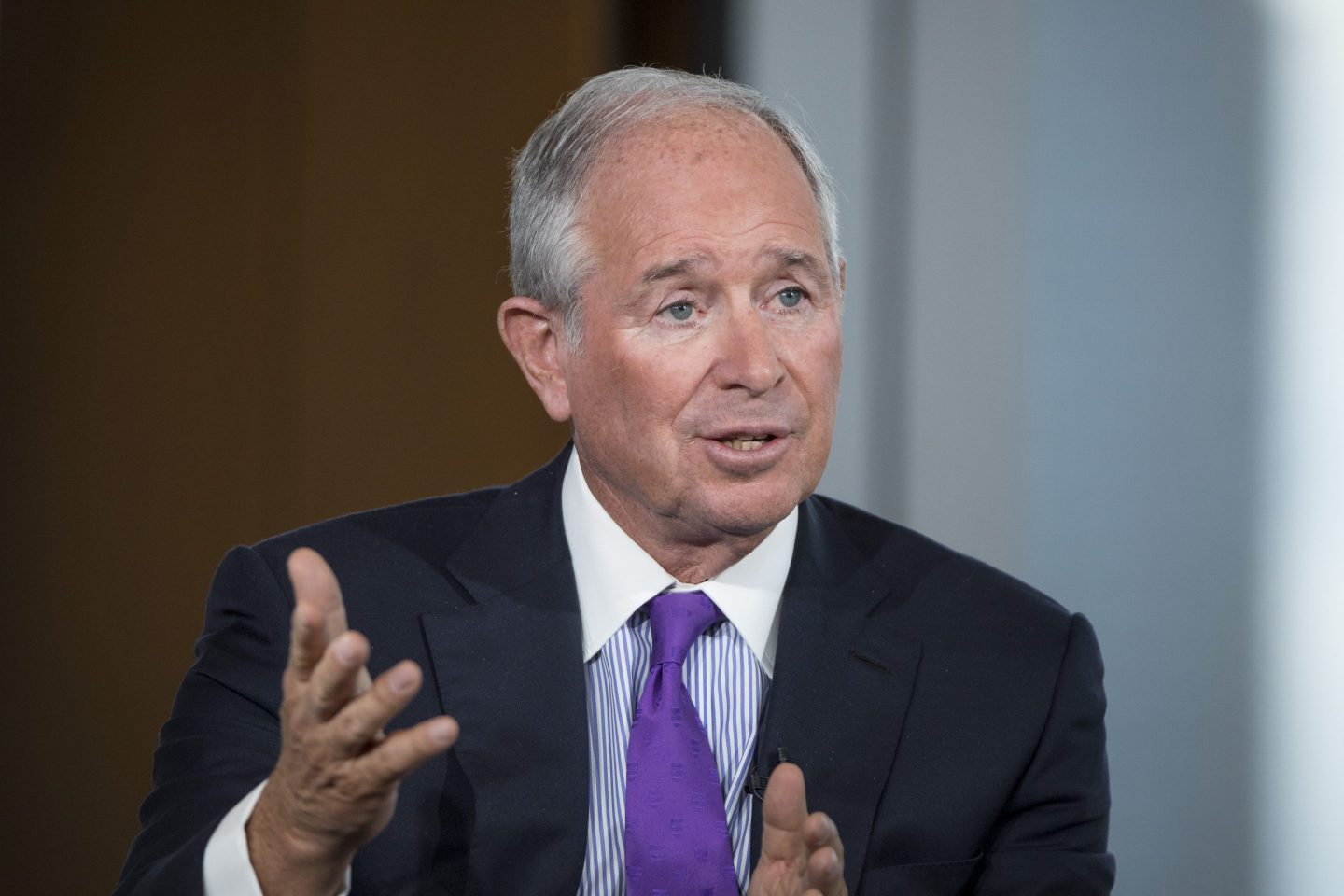- Hiring managers are at the mercy of catfishing, where final candidates accept a job offer only to never show up. But respite may be on the way: New research shows that job applicants interviewed by an AI voice agents are 12% more likely to land a job offer than those screened by human recruiters—and more importantly, are more likely to show up for work and stick around after 30 days.
Bosses fed up with candidate ghosting and combing through thousands of applications may have a new assistant for the gruelling selection process: using AI to interview the applicants. And the tools are benefiting job-seekers, too.
Despite some unemployed professionals sharing their frustration with the tool, overall job-seekers say they prefer it to interviewing with a human, according to research led by Chicago Booth in partnership with PSG Global Solutions.
When given the choice, 78% of job applicants picked the AI interviewer over a real person recruiter. And the technology is even helping them land opportunities—applicants interviewed by an AI voice agent were 12% more likely to get a job offer than those screened by human interviewers, according to the analysis.
Plus, the technology could be a solution for “career catfishing,” when applicants ghost their employers after interviewing for a job and accepting the role. Candidates screened by the technology were more likely to actually start their jobs—and not ditch their employer—plus stick around for more than 30 days.
The career catfishing and ghosting loop
The reasoning for “career catfishing” varies; many point to frustrations with the hiring process, others are simply getting interview practice in, while some even admit they “just weren’t feeling it.”
But it isn’t just applicants who are engaging in ghosting; it’s become a workplace norm on both sides. In fact, recruiters leaving job seekers in the dark after interviewing has gotten so bad that the Canadian government is taking legal action for applicants who are stuck sitting in radio silence.
A poll found that nine out of 10 workers say they’ve been ghosted by recruiters, with a majority of employees responding that they would rather hear anything than nothing at all. A separate Glassdoor study found that around 27% of applicants never even heard back after completing a final round interview.
However, the study pointed out that allowing AI to provide evaluation scores to recruiters overrides human hiring decisions, influencing job acceptance rates and worker productivity. If recruiters are able to fish through hundreds of applications sooner, job candidates may have a higher chance of hearing back.
“By taking that work off recruiters’ plates, they free them up to focus down the funnel, which is exactly why we’re seeing big improvements in time-to-hire and overall hiring outcomes,” Adam Jackson, Founder & CEO of AI recruiter tool Braintrust, tells Fortune.
AI interviewers are better than humans—but not everyone is buying in
Why is AI winning at hiring? The researchers found that these tools were able to cover more ground in interviews because they’re able to cut through the fluff and get to the point and as a result, produce richer answers. Applicants who spoke to AI recruiters received job offers in 9.73% of cases, compared to 8.7% under human recruiters.
For younger job seekers, using a robot in an interview process may not be such an uncanny feeling. As entry-level professionals who started their careers during lockdown, most have lacked in-person professional connections and missed out on pivotal points of their work lives, with everything scheduled on Zoom.
But while AI interviewers have proved to help job-seekers succeed in landing a role, not everyone is so accepting of the new technology.
Candidates rated the interaction as less “natural” compared to talking with a human. In 7% of cases, the agent encountered technical issues. And about 5% of applicants even ended their interviews once they realized they were speaking with AI.












